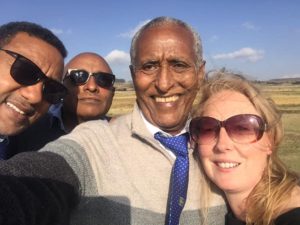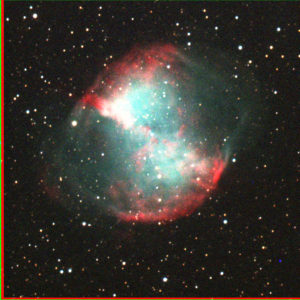Open Access and Scholarly Communications
Open Access and Scholarly Communications: Looking Ahead to a Post-Pandemic Future
 Joint seminar by two Fulbright Scholars at Addis Ababa University–Zoom meeting.
Joint seminar by two Fulbright Scholars at Addis Ababa University–Zoom meeting.
Time: May 2, 2020 11:00 AM https://zoom.us/j/6397356891 Meeting ID: 639 735 6891
By Dr. Daniel Gelaw Alemneh
Scholarly and scientific communication has a long history, while the Open Access (OA) movement has more recently become a key distribution method for this form of communication. The emergence of the Internet in the late 1960s and the web that emerged in the mid-1990s opened up access to all forms of information. Despite disciplinary differences, OA is removing the barriers of access to knowledge, therefore more academic literature is being used and included in global academia. Along with these benefits there are also challenges that need to be considered. Evidently, the COVID-19 pandemic is impacting publishers and the academic community in a multitude of ways. Considering the urgency and the magnitude of the situation, a message went out from the White House to the Scholarly Community in early March asking them to make all COVID-19 papers immediately open and machine readable. It is particularly important that researchers, scientists and the public can access research outcomes as soon as possible. This presentation will cover both the benefits of Open Access as well as the challenges faced with this form of information distribution in the context of Ethiopia.
By Dr. Angela Ford Effectively joining the scholarly conversation through research, writing and publication is a critical aspect of growing as an academic. Success in this endeavor requires a knowledge of the common rules of scholarly writing, a willingness to embrace and even appreciate feedback from others, and an ability to continually grow as a writer and scholar through conversations around topics and the writing process. Scholarly writing is challenging; however, it can also be rewarding and beneficial to the individual and the scholarly community. Together we will explore why we must engage and how to do so effectively.
Short Bios and Session Summaries f
Dr. Daniel Gelaw Alemneh is a faculty member at the University of North Texas (UNT), coordinator of Digital Curation activities and also teaching at the UNT College of Information. His research interests include open access, scholarly communication, digital curation and ensuring long-term access to cultural heritage resources. He publishes extensively and has participated in several national and international research projects, including the IMLS funded ETD-Lifecycle Management project as well as the LEAP-II (Library Education for the U.S. Affiliated Pacific) projects.
Daniel has been actively involved in various local, national, and international professional societies and served in various capacities, including as a Director of Chapter Assembly and member of the Board of Directors of the Association for Information Science and Technology (ASIS&T) and the International Conference on Knowledge Management Council (ICKM) and their Executive Committees. Daniel was a 2019-2020 Fulbright Scholar at Addis Ababa University’s College of Natural Science, School of Information Science. Daniel can be reached at daniel.alemneh@unt.edu.
Dr. Angela Ford began working in the field of primary and secondary education in 2007 and performed a variety of roles including teacher, guidance director, assistant principal, and principal, until she moved to higher education in 2013. She has worked on a number of research projects including a United States Department of Education funded grant to study the effects of educational facilities on learning. Angela has also worked on an international university partnership between George Washington University and Taibah University in Saudi Arabia, facilitating the establishment of a new Ph.D. in Educational Leadership and Administration. Her research interests include international university partnerships; international comparative studies; equity in both physical and online learning environments; closing the opportunity gap in a variety of settings worldwide; motivation, aspirations, well-being, and persistence in students and educators; and training high quality educators. Angela has been an active member of the International Society of Educational Planning for many years and is currently the Vice President. She was a 2019-2020 Fulbright Scholar at Addis Ababa University’s College of Education and Behavioral Studies. She can be reached at angela.ford@fulbrightmail.org.
